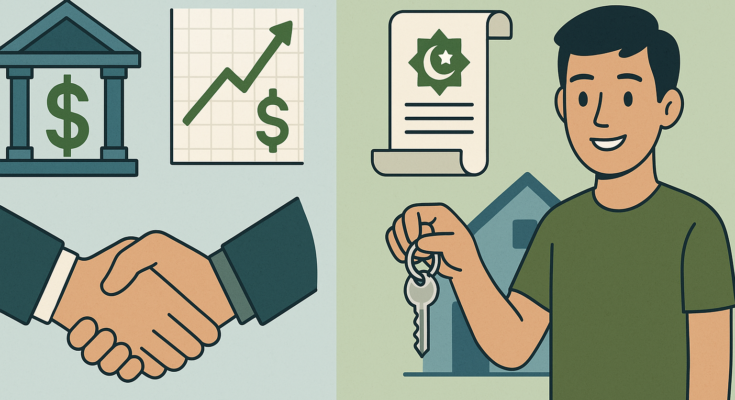Unlocking the Power of Loans: From Conventional to Islamic Financing and Smart Mortgage Strategies
Imagine having the keys to a dream home, launching a business, or investing in income-generating assets—all without needing the full cash upfront. Loans make this possible, but like any tool, they require wisdom to wield. Let’s demystify loans, explore Islamic finance alternatives, and break down how mortgages work—so you can borrow smarter, not harder.
What Is a Loan?
A loan is a sum of money provided by a bank or financial institution that you repay over a set period, typically with added interest or profit margins. Think of it as a financial bridge: it connects your current resources to future opportunities.
The Bright Side of Loans
- Unlock Opportunities: Own a home, start a business, or invest in assets before saving the full amount.
- Credit Boost: Timely repayments polish your credit score, opening doors to better rates later.
- Long-Term Gains: Mortgages, for example, let you build equity in appreciating property.
The Dark Side of Loans
- Debt Spiral: Poor management leads to crushing interest and penalties.
- Mental Strain: Monthly payments can feel like a weight on your shoulders.
- Hidden Costs: High interest rates quietly inflate your total repayment.
Loans as Investment Tools
Used wisely, loans can amplify wealth. The golden rule? Borrow for assets that generate income, not fleeting luxuries.
Example: Take a mortgage at 4% interest to buy a rental property yielding 7%. After costs, you profit from the spread.
Pro Tip: Treat loans like a surgeon’s scalpel—precise, purposeful, and never for unnecessary spending.
Islamic Financing: Interest-Free Solutions Rooted in Ethics
Islamic finance replaces traditional interest with Sharia-compliant models, focusing on fairness and shared risk. Here’s how it works:
- Murabaha (Cost-Plus Financing): The bank buys an asset (e.g., a car) and sells it to you at a fixed markup. No hidden fees—profit is agreed upfront.
- Ijara (Lease-to-Own): The bank purchases and leases an asset to you. Ownership transfers after final payments.
- Musharaka (Partnership): The bank co-invests in your project, sharing profits (or losses) based on agreed terms.
Why Choose Islamic Finance?
- Ethical Alignment: No exploitative interest (riba).
- Transparency: Clear contracts with no compound interest traps.
- Shared Risk: Banks partner in your success, not just profit from it.
But Beware: Costs can sometimes exceed conventional loans, and understanding contract terms is crucial.
Mortgage Loans: Your Ticket to Property Ownership
A mortgage is a specialized loan for buying or building property—homes, offices, or commercial spaces. Unlike personal loans, mortgages offer larger sums and longer repayment periods (5–30 years).
Key Features of Mortgages
- Lower Interest: Rates are typically cheaper than personal or auto loans.
- Collateral: The property itself secures the loan. Default risks losing it.
- Down Payment: Most banks require 10%–30% upfront.
- Fixed vs. Variable Rates: Lock in stability or gamble on market shifts.
Mortgage Types
- Fixed-Rate: Predictable payments, ideal for long-term planners.
- Adjustable-Rate: Lower initial rates that fluctuate with market trends.
- Fixed Installment: Steady monthly payments, with early installments heavy on interest.
Crunching the Numbers: Calculate Your Monthly Mortgage Payment
Example: For a $300,000 loan at 4% annual interest over 30 years:
- Monthly interest = 4% / 12 = 0.333%
- Number of payments = 30 × 12 = 360
- Monthly payment ≈ $1,432 (excluding taxes/insurance).
Pro Tip: Use online calculators to simulate scenarios and avoid surprises.
Final Wisdom: Borrow with Purpose
Loans aren’t inherently good or bad—they’re amplifiers of intent. Whether through conventional or Islamic routes, align borrowing with asset-building goals. For mortgages, prioritize affordability, and always have a repayment roadmap.


